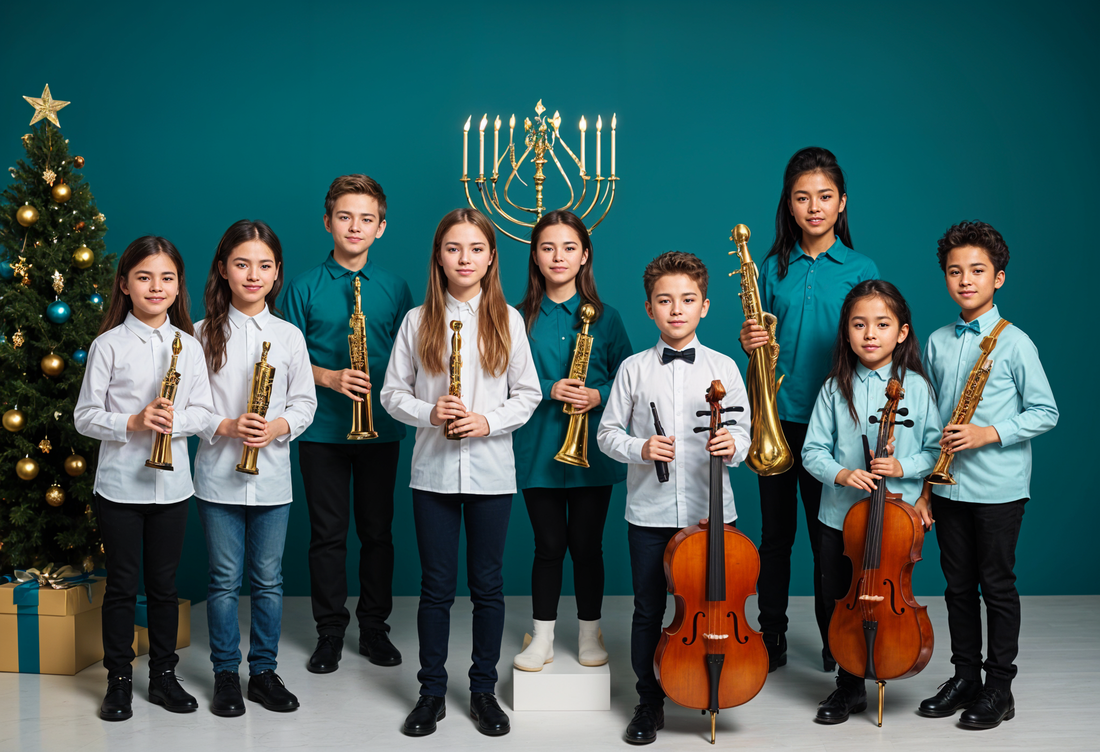Sharing Good Cheer

Last week, I lamented the lack of institutional support for composers committed to writing music for young players and amateurs. This week, in the spirit of the holidays, I thought I’d share my good cheer and offer a few ideas for how to fund such projects.
First off, believe it or not, there are still arts grants offered by most states to their residents to do specific projects. Likewise, even small to mid-size communities sometimes have government funds to help defray the costs. And, if education is a component, you are often eligible for funding from government educational programs as well. The best thing to do is go on the web and find the contact for the Arts Council and Education Department for your state or community.
Second, if you are working with a school, whether public or private, most institutions have an internal grant fund available to their faculty for projects. Ask the educator you are working with if he or she has access to such funds and offer to help with the grant process, if needed.
Third, try religion. Seriously, there are numerous houses of worship that would love to help host a concert or community event for the local youth. Perhaps your piece could be performed in such a space? I just had a great experience with a church in Oakland, California, that started a concert series that gives half the proceeds to feeding the homeless and the other half to the musicians. They paid the artists fees, professionally recorded the event, and their congregation, all excited about being part of creating a piece of music for a good cause, was a big part of the audience.
Finally, there is power in numbers. How does this sound? I recently devised a venture called the Community Commissions Project. What it entails is that the ensembles I work with get each of their students to raise $50-$100 toward commissioning a piece from me. In exchange, every person who donates is listed as a co-commissioner on the scores, in all PR, etc. In addition, those individuals who give $100 or more get an autographed copy of the score and a recording of the premiere, if available. Modeled after Bang on a Can’s People’s Commissioning Fund, this set-up can be modified and used by any composer and any organization. I feel it is a wonderful way of extending the process of helping create music to the larger community—giving everyone an interest and ownership in helping kids develop skills and love for what we do. Try it.
These are just some things that I have used to help in funding my projects. But with each new music venture comes new needs, and thus I am always trying to think of ways to help what are often first-time commissioners devise a funding plan that is understandable and doable with their resources. Like it or not, as composers we have to be proactive in getting support, both financial and otherwise, for our music, whether it be for professionals or beginners. So, in that spirit, share your thoughts about what you have done to help fund your music for young players.
